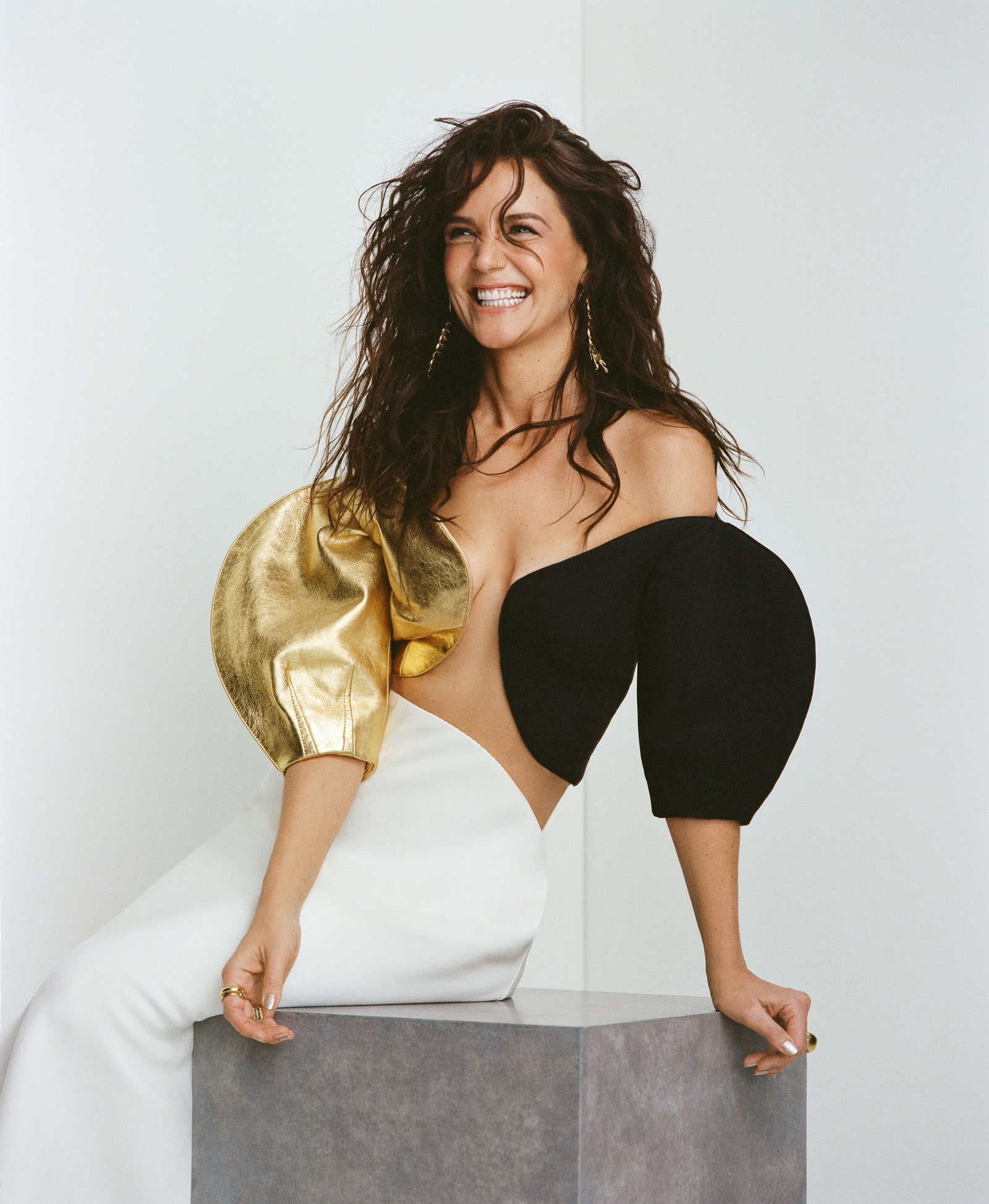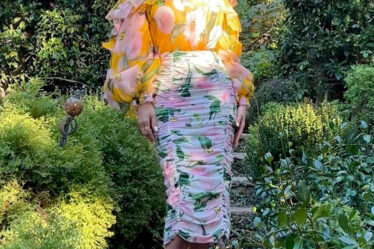
I was just 18 when we started, and I really appreciated the writing because I felt like, as a teenager, I had so many different feelings, trying to go from being a girl to a woman. And I felt like [creator Kevin Williamson] had this way of putting words to those feelings. So for me, playing that role, I was like, Oh, that’s what that means. Oh, I get that. I loved doing it. It was a really fun, profound experience.
Have you rewatched any of it?
I have.
Do you think it holds up?
In some ways, yes. Some ways, no. We had our big episode where Jack comes out and I’m so glad we had that episode, and I’m so sad that that is what was happening for people. And I’m so glad that it’s not happening, hopefully, to that extent in today’s world. But I think it [was also] just this combination of Wilmington, North Carolina—so beautiful. There was that sense of innocence. Kevin wrote the simplicity of teen emotions really well.
The nature of being a fan was different than it is now. Today, with Instagram and TikTok, the 24-hour tabloid cycle, and online anonymous gossip accounts, fans can get anything at any time, as opposed to waiting for a magazine with stars on the cover and a big headline. Do you think that’s something you could have handled or enjoyed 25 years ago? Or are you grateful that you became a household name before social media?
In my life now, I don’t go on social media that much. I don’t scroll that much because I don’t want all that information. And maybe because I did come up where there was a time and place for things, even with our show—it started airing on Tuesday nights and you had to wait a week. So you got to think about that one episode. The work was limited to that. We also were protected. We were in North Carolina, we were working 14 hours a day, and we were really contained and not really distracted by the outside world, which was to our benefit and to the benefit of the show, so we could do what we had to do.


